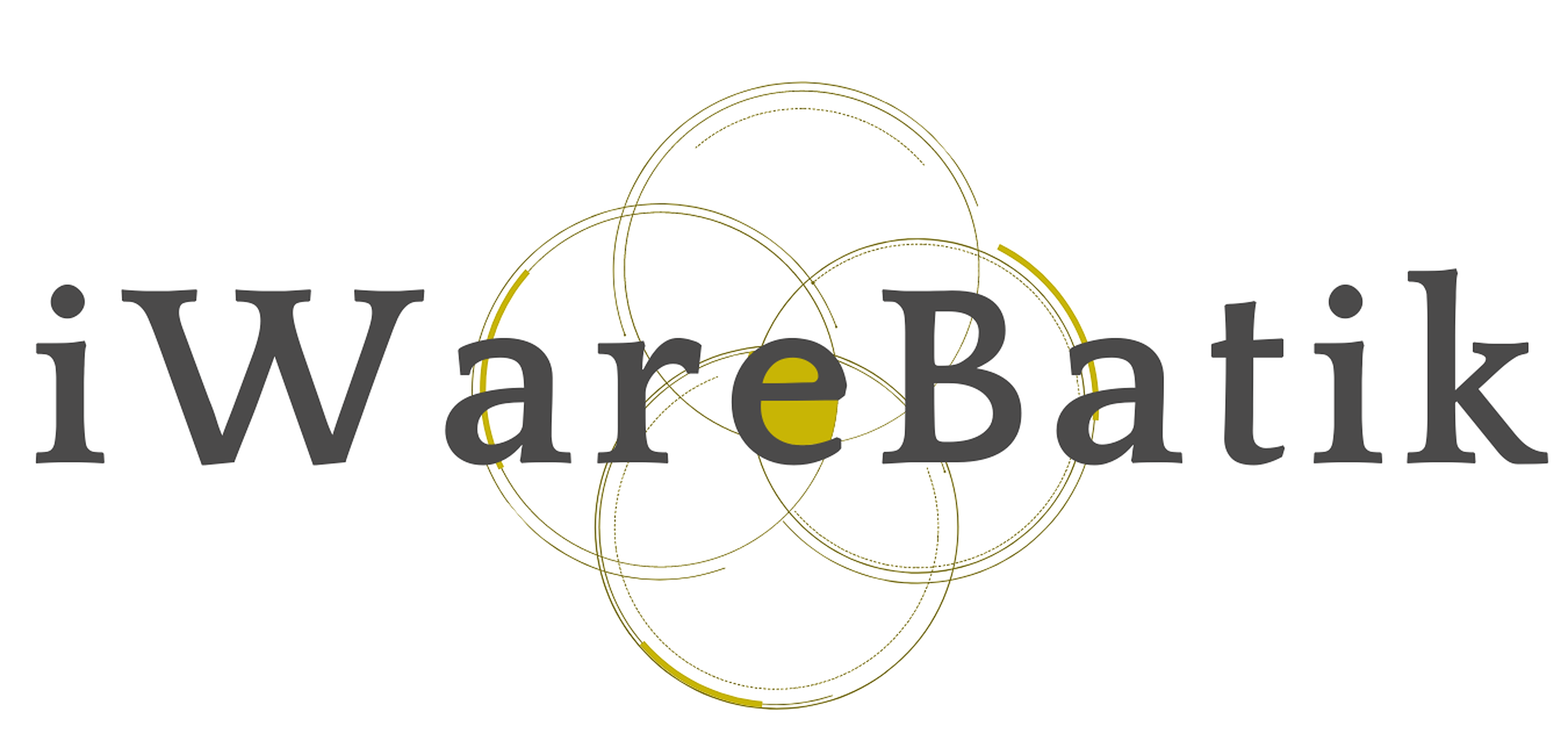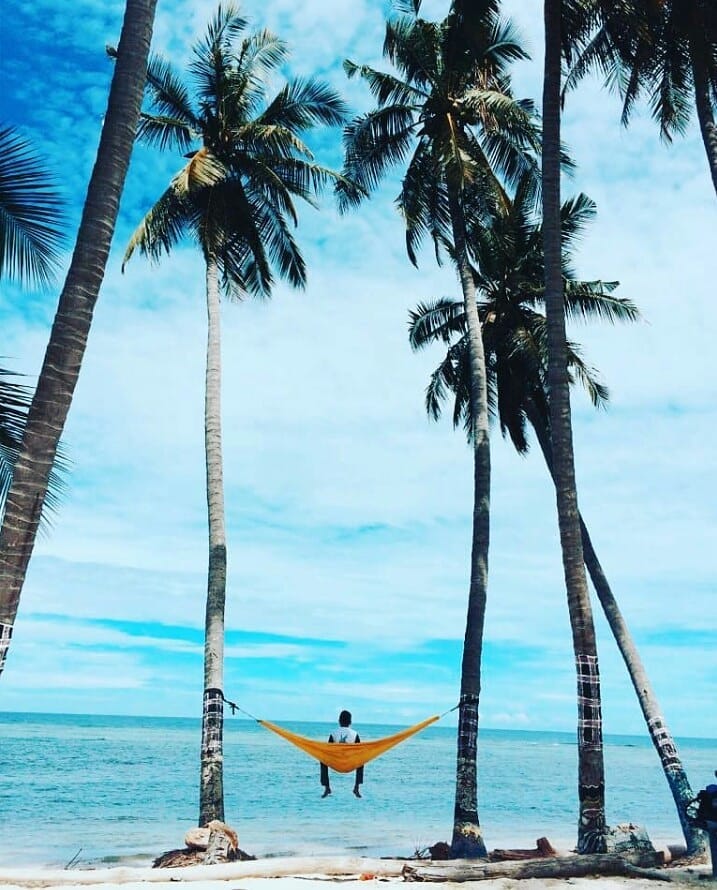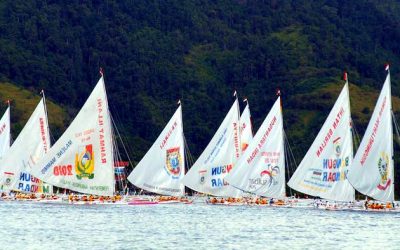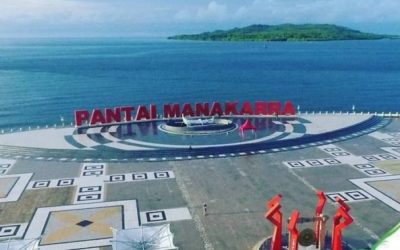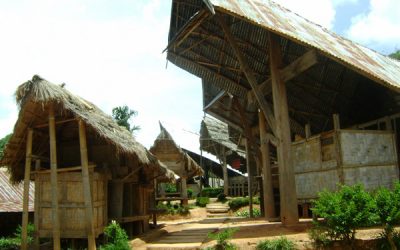Home / Batik Regions – Central Indonesia – Sulawesi Island – West Sulawesi / Palipis Beach
Natural Destination
Experience the tropical nature!
Palipis Beach
Palipis Beach
If your daily routine is frenetic, and the main objective of your vacation is to escape from it, Palipis beach will offer you a paradisiac view to chill out and enjoy your time. The white sand and the crystal clear sea will take you to another dimension: RELAX!
Natural Tourism Destination
Palipis Beach
Tourist Attractions in West Sulawesi
Sandeq Race Festival
Do you want to know one of the world’s fastest wooden boat? Sandeq boat is
Manakarra Beach in Mamuju
Located in the center of Mamuju City, this beach is a unique landmark with an outstanding
Balla Peu Village
For all the people interested in rural culture, this place will give them the opportunity to
West Sulawesi
Batik Motifs
Sandeq
Sandeq Boat is a symbol of the maritime importance of the West Sulawesi region. The greatness of
Rumah Mamuju
the Batik motif illustrates the house of Mamuju King with the stairs, located on the left of the wooden stage house
Sekomandi
Its philosophical meaning is the eternal union which refers to a saying “until death do us part”
Lipaq Sabe
Lipaq Saqbe contains a simple geometric classical motif with various flower decorations. This textile is
Discover
Indonesian
Batik
Motifs
Manguni Minahasa
Manguni is identified as the symbol of the Minahasa people. Manguni is known as a
Tifa Totobuang
The batik motifs illustrate Maluku’s traditional music instrument called
Pucuk Rebung Riau
Pucuk Rebung symbolizes heart determination in achieving goals, good luck, and
Paqbarre Allo
The word “Barre” means round and “Allo” means the sunlight. This motif is interpreted as
Angsa Duo
According to legend, the Angso duo batik motif is a pair of swans that are believed to have led Princess
Daun Lada Hitam
The black pepper motif represents the main commodity of Bangka Belitung
Durian Pecah
Broken Durian motifs depict the foundation of faith. The second half signifies the mastery of
Wirasat
Wirasat or divine inspiration is a gift from God. This inspiration is symbolized by
Besurek Rafflesia
The term “Basurek” refers to a textile that contains letters or inscriptions
Lipaq Sabe
Lipaq Saqbe contains a simple geometric classical motif with various flower decorations. This textile is
Pala Salawaku
This motif illustrates the unique weapons of the Maluku region, namely
Kain Cual
Cual textile tradition has existed since the 17th century. The word “Cual” refers to
Gajah Way Kambas
The motif illustrates the Lampung’s natural reserve, the Way Kambas. it also symbolizes
Taiganja
Taiganja is a precious gold pendant that shows the social status of the Kaili family. It is
Kuda Kupang
Horses symbolize wealth. It contains noble values of virtuous characters that bring
Tenun Bima
The motifs are adopted from Bima woven textile. This pattern has received a great
Mahkota Siger
Siger is the crown of a noblewoman in ancient time. It is a symbol of femininity, strength, and
Karawo Mahkuta
Mahkuta refers to Gorontalo’s traditional crown. It represents noble characters of
Prada Papua
The word “Prada” in the Javanese-Indonesian dialect means a batik textile that
Jupri Kembang Teh
Kembang Teh illustrates the tendrils of tea plants that grow in the highlands of
Lontara
The Lontara script itself is a typical ancient script of Bugis and Makassar communities. History records that
Tanah Liek
The word “Tanah Liek” refers to clay in Minang language. It is also known as
Bomba Mawar
This motif means sacred love for family, kingdom, and God; It also illustrates
Kawung
The Kawung motif was created by Sultan Agung Hanyokrokusumo (1593 – 1645) as a symbolic gift for
Cengkeh
The clove flower motif is the main commodity of the Tolitoli Regency. This motif represents
Sido Mulyo
Sidomulyo is one of the classical motifs, which is specifically used for the bride’s costume in
Sekar Jati
Sekar means flower and Jati refers to teak trees that symbolizes a strong mental character that
Bultiya
The word ‘Bultiya’ is an acronym of the three major tribes in North Kalimantan, namely
Daun Sirih
This motif illustrates betel leaves that are used by Lombok communities as traditional
Merak Ngeram
The hatching peacock motif has a very deep meaning which refers to the sacrifice and
Gonggong Siput
Gonggong (Strombus Turturella) is one type of sea snail found around
Biji Kopi
The coffee seeds motif illustrates the pride of local coffee specialities in
Sekomandi
Its philosophical meaning is the eternal union which refers to a saying “until death do us part”
Tabir Tanjung
Tanjung flower is a type of Cherry tree flower, which is commonly found in
Leuit Sijimat
This motif reflects the daily activities of the Baduy tribe in Banten. The main ornaments of batik motif consist of:
Gorga Simeol-Meol
The Gorga Simeol-meol is a pattern of plant tendrils. it is regarded as a symbol of longevity and
Ikan tambal
The word “Ikan” refers to fish. The philosophical meaning of Ikan Tambal means is
Awan Berarak
Awan Berarak is a combination of Dayak motifs and Malay patterns. The word ‘Awan Berarak’ means the
Tikar Natuna
The Tikar Natuna motif is adapted from the traditional making of pandanus mats in
Daun Simpor
This motif is inspired by the Simpor plant (Dillenia Suffruticosa) which is a typical
Sandeq
Sandeq Boat is a symbol of the maritime importance of the West Sulawesi region. The greatness of
Tongkonan
Toraja’s traditional house is called Tongkonan. Tongkonan is a place for
Ukir Sentani
The Ukir motif is a batik motif that is inspired by various traditional Sentani wood carvings
Singayaksa
The Singayaksa motif comes from the name of a place where Sultan Hasanuddin used to
Malinau Cultural Festival
You will witness a unique competition that might not be found other than in
Pati-Pati Pinehiku
It symbolizes the hierarchy in society and the social status of the Mekongga
Tubo Kelapa
Coconut tree is a symbol of a good character and strong mentality. It illustrates the more success a person, the more
Tangerang Herang
Tangerang Herang motif is a symbol of Tangerang city. The Tangerang Herang batik motif consists of
Keluak Daun Pakis
The word “Keluak” is a Minang language which means twisted or tangled. The Motif of
Tengkawang Ampiek
With its many advantages, the Dayaks use this leaf in ritual ceremonies. This plant is a symbol of
Enggang Dayak
Local people beliefs that hornbills are an incarnation of the Commander of the Birds. It has supernatural
Besurek Rembulan
This batik illustrates praise for God who created the wonderful universe
Wakatobi
It symbolizes the coastal beauty of the Wakatobi island and the symbol of Patra symbolizes
Buketan Bali
The Balinese bouquet (Buketan Bali) is a floral arrangement and the name is
Lok Baintan Floating Market
As you can imagine, the most authentic thing is that you can buy things and even
Ake Patra
Ake is related to the divinity and the composition of the universe. It is a symbol of
La Galigo
La Galigo is a literary work of the Buginese Epic that has 300 thousand epic lines. It is considered even
Gigi Haruan Lidi
The Gigi Haruan Lidi motif is taken from the name of the cork fish and is a symbol of
Rumah Mamuju
the Batik motif illustrates the house of Mamuju King with the stairs, located on the left of the wooden stage house
Burung Bidadari
Bidadari birds are endemic birds in Halmahera. This motif represents an
Tampuk Manggis Sasirangan
The motif illustrates the philosophy of the mangosteen fruit, which is
Bale Lumbu
This motif signifies the welfare of the ancient Sasak society. Bale also symbolizes the
Gentala Arasy
Built as high as 80 meters, the tower also highlights the historical side of
Kerawang Tegak Aceh
The Vertical Upright (Kerawang Tegak) Motif symbolizes a person who has a strong
Kaharingan
The Kaharingan or ‘tree of life’ based on the Dayak tribes’ belief system. This tree symbolizes
Kaganga Tanah Rejang
If Batik Besurek combines Arabic calligraphy motifs, then the Kaganga batik takes
Parang Seling
Parang Seling or “alternating daggers” is a royal batik motif. It is a feminine variant of
Insang Ikan
Insang refers to the gills of the fish. This is a typical pattern of Malay ethnic who inhabits
Gonggong Beruntun
This motif illustrates that a person should maintain a positive attitude and
